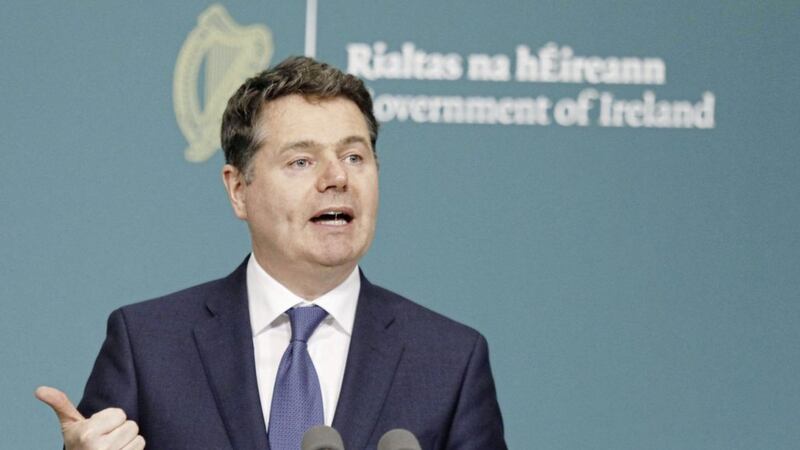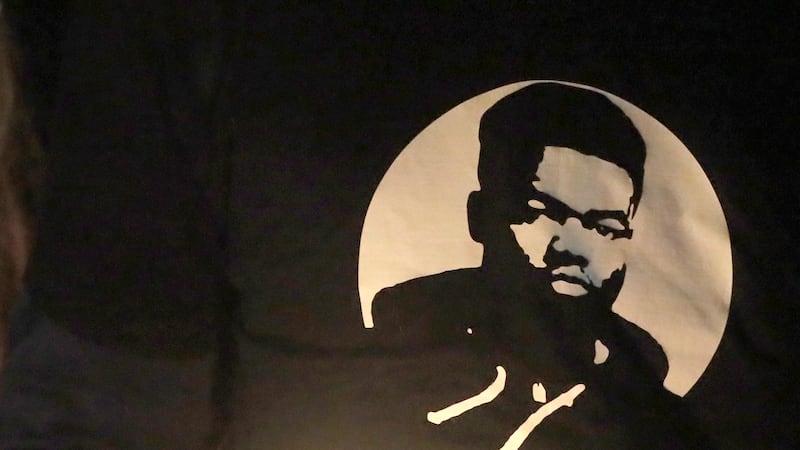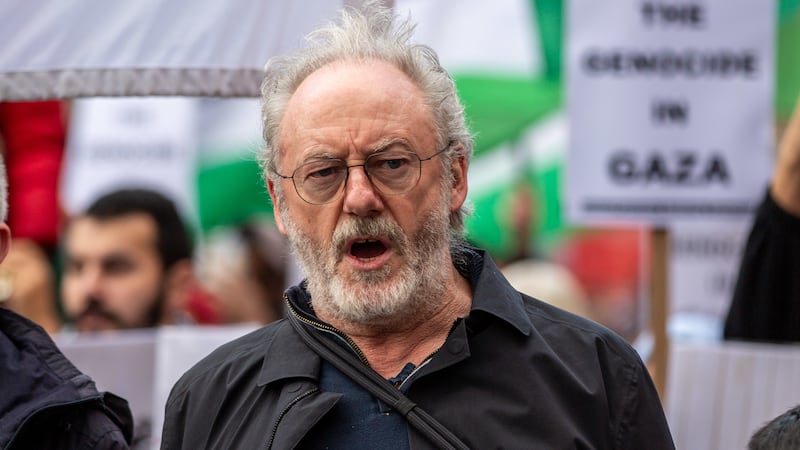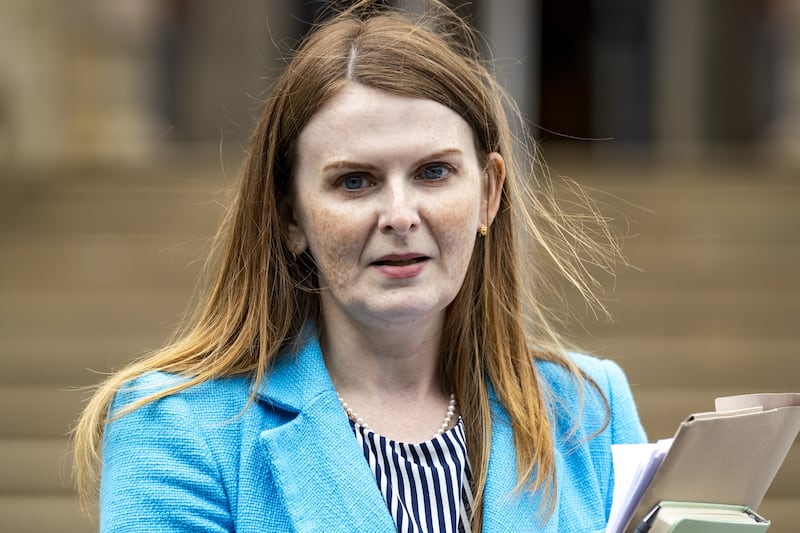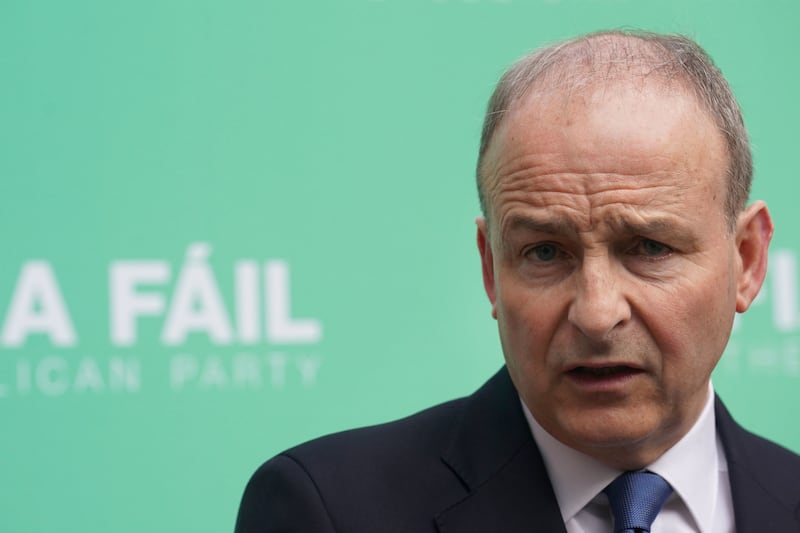The Republic of Ireland is now entering “a new phase” in which the country will recover from the pandemic, restore public services and repair public finances, the Minister for Finance has said.
Unveiling the Budget for 2022, a package that amounts to 4.7 billion euro, Paschal Donohoe said the government is “conscious” of the cost-of-living pressures on the public and businesses.
Addressing the Dáil, Mr Donohoe noted that the last time he announced the Budget in the chamber was two years ago before the Covid-19 pandemic.
“None of us could have foreseen that the worst global pandemic in a century awaited,” he said.
“We knew well about the risks associated with Brexit and had prepared for it, but we could not have predicted the devastation Covid-19 would leave in its wake.
“Both events have demonstrated our need to prepare for the worst while striving for the best.
“Many lives were lost and many livelihoods suddenly were ruined.
“The pandemic was an unprecedented experience for all of us and unfortunately life-changing for so many.
“But it also brought out the very best in Irish society and the bravery, resilience and fortitude of our frontline workers and those working in the community and social care sectors.”
Mr Donohoe said that, in framing the budget, the government has been conscious of the cost-of-living pressures on the public and businesses.
The Employment Wage Subsidy Scheme will remain in place until April 30 next year, while the scheme will taper off over the coming months.
Mr Donohoe also said that the country’s reduced VAT rate of 9% for the hospitality sector will remain in place until August 2022.
Some of the measures announced will also benefit remote workers.
Mr Donohoe said: “I am announcing an income tax deduction amounting to 30% of the cost of vouched expenses for heat, electricity and broadband in respect of those incurred while working from home.”
As expected, the finance minister has also announced that the standard rate band for income tax will increase by 1,500 euros.
He also said that personal tax credit, employee tax credit and earned income credit will increase by 50 euros.
Mr Donohoe also said that the national minimum wage will increase by 30 cent to 10.50 euros an hour.
Mr Donohoe has told the Dáil that a 3% zoned land tax will be introduced, set to apply to land which is zoned as suitable for housing but remains undeveloped.
“The tax will be based on the market value of the land and I have determined that the rate at the outset should be 3%,” he said.
The tax has a two-year lead-in time for land zoned before January 2022 and a three-year lead-in time for land zoned after January 2022.
Mr Donohoe said that this will “give scope to review the workings of the tax” and to “listen to stakeholders”.
The finance minister has described climate change as “one of the most important issues of our time”.
“The world is burning,” he told the Dail.
Alongside the annual increase in the carbon tax by 7.50 euros per tonne, Mr Donohoe said that to incentivise uptake of electric vehicles the Government will extend the 5,000-euro relief for battery electric vehicles until the end of 2023.
Mr Donohoe said that by the end of the year, the rate of unemployment is forecast to be just over 9%, and employment is forecast to grow by about 8% or around 150,000 jobs.
Next year, the unemployment rate is expected to fall to about 6.5%, and employment is expected to grow by more than 13%.
He said that more than 400,000 jobs will be added to the economy between this year and next.
Public spending next next year will amount to 87.6 billion euro.
Mr Donohoe added: “In the Summer Economic Statement, my department forecasted a combined deficit of just over 34.5 billion euro for 2021 and 2022.
“I am revising that forecast to 21.5 billion for both years, a reduction of 40%.”
